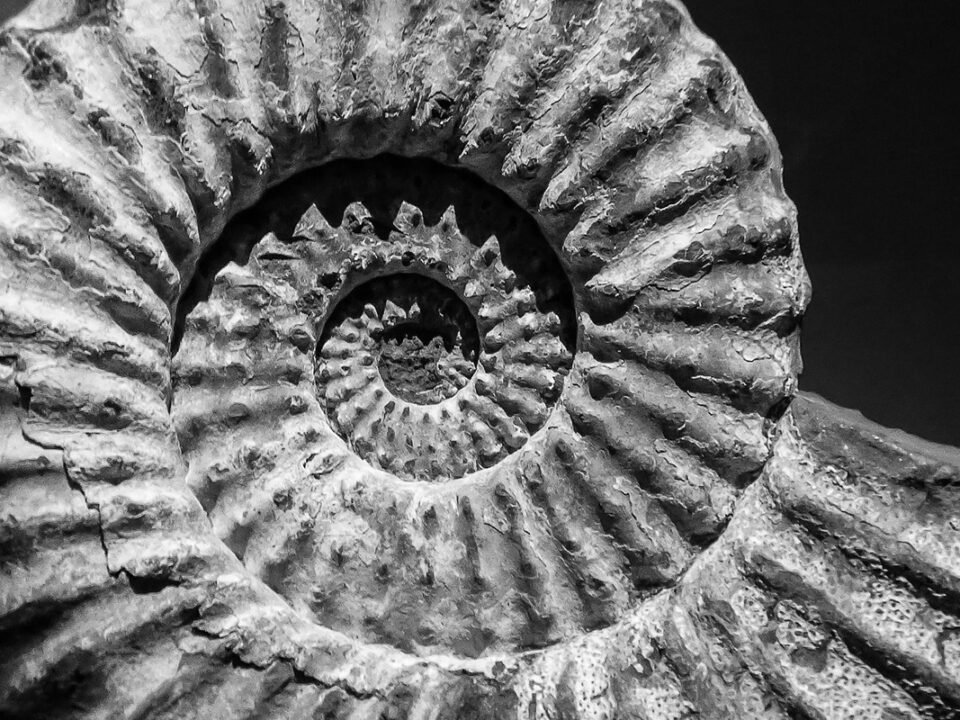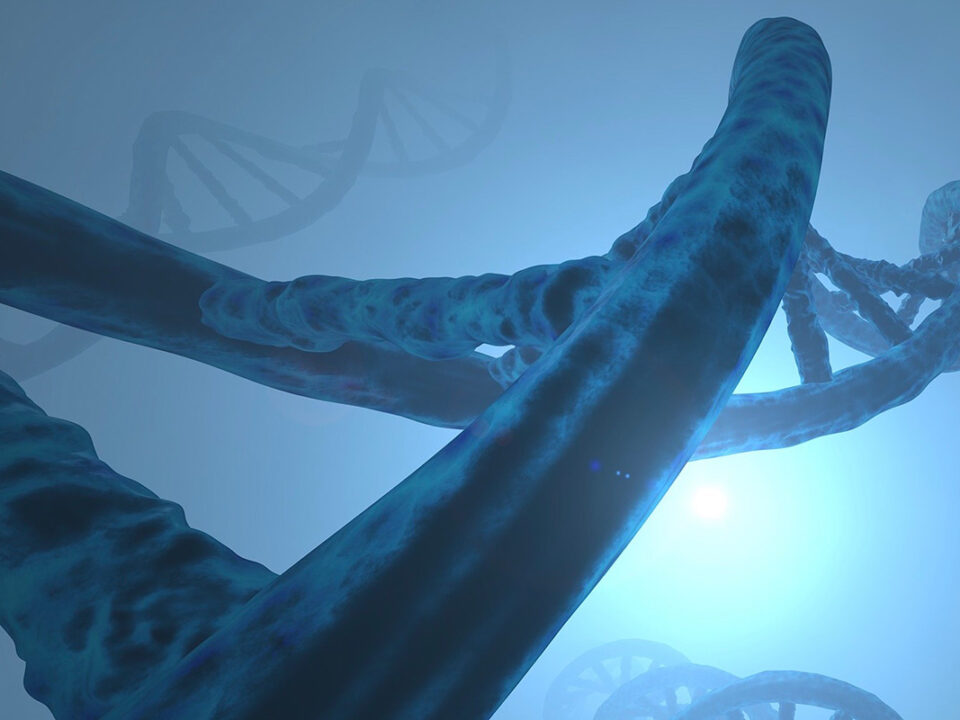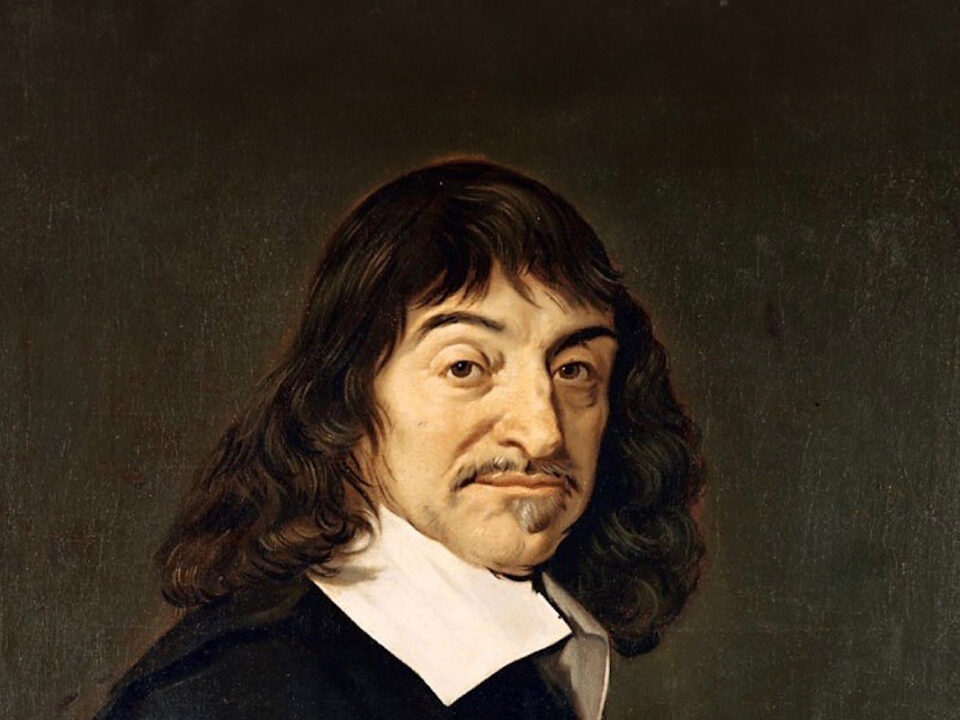In that one simple phrase, St. Thomas Aquinas, the greatest Christian theologian of all time, echoed the fundamental teaching of Aristotle, who preceded Aquinas by 1,600 years.
The statement is profound because, while simple, it is simultaneously all-encompassing. And it provides the foundational concept for what I have described here as the science of purpose
The truth and application of the statement is so pervasive, in fact, that all living things, not just humans and animals but also plants and microbes, rely on its validity in order to learn and thus to survive. Not for Darwin’s sake, but because they have a purpose, which is life itself.
And even more importantly in the context of discussing the science of purpose, this oh-so-simple yet universally valid metaphysical assertion forms the bedrock underpinning of science and rationality.
How So?
Science, rationality, and all learning depend on an orderly universe. That is, the moon must always revolve around the earth and generate tides, just as the earth must always rotate and revolve, to allow day to follow night and spring to follow winter. The constants of physics and chemistry upon which all life relies must never change. They are, by definition, “constant.”
There is quite literally nothing in science that violates this rule. So certain of this truth are scientists that they proclaim that nature follows inviolate laws. That is, there can never be a physical event that fails to behave in the ways those laws direct. Meaning, any and all events must proceed to the end to which they have been ordered. Period.
Even the probabilistic laws of thermodynamics, isotope decay, and quantum mechanics are subsumed by this dictum. Heisenberg never said that subatomic behavior is intrinsically uncertain. He just understood that you cannot bounce a photon off another elementary particle without changing it.
Read the Full Article on Evolution News




